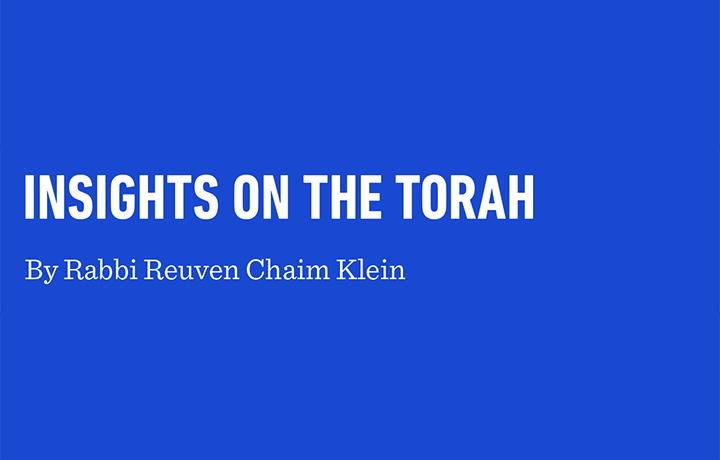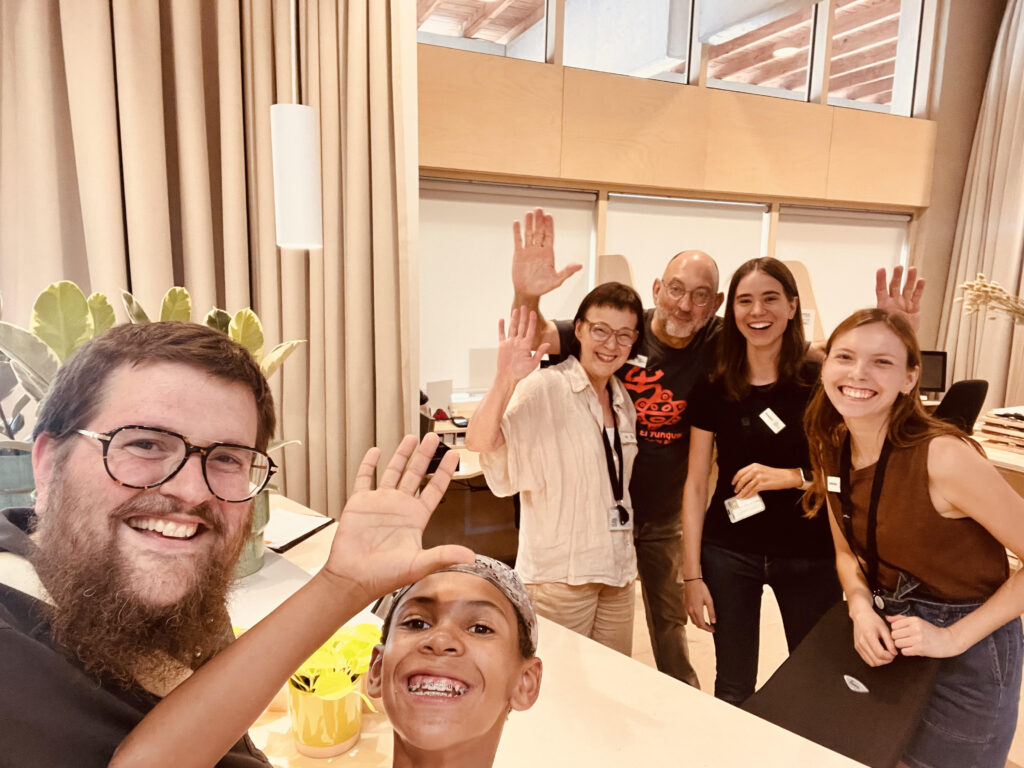Kibbud Av And Chodesh Av
Klal Yisrael’s success requires us to build a future based firmly on our past, respecting and committed to the tradition of values that have characterized our people since Avraham and Sarah and since we stood at Sinai.
This point is underscored every year, on the Shabbat before Tishah b’Av, when we read about the sin of the spies, the original Tishah b’Av story that undermined our permanent connection to Eretz Yisrael. As told in the Parashat Devarim version, the spies were sent at the initiative of the Jewish people and from the outset the die is cast and our critical failing highlighted (Devarim 1:22): “Then all of you approached me and said, “Let us send agents ahead to explore the land for us….”
Rashi notes the contrast between the approach of the Jewish People at this low point and what we will read next week describing the Jewish people in a far better place, at the foot of Har Sinai. Here it describes “all of you” approaching, in a disorganized crowd, in contrast to what it describes there (Devarim 5:20), “you approached me, all the heads of your tribes and your elders.” As Rashi explains, based on the Sifrei: “That approach to me was a fitting one—young people showing respect to their elders and letting these precede them, and the elders showing respect to the heads of the tribes that these should precede them. Here, however, you approached me in a crowd, the young pushing aside their elders, the elders pushing aside the heads.”
At the core of our failure was a rejection of the continuity of values within Klal Yisrael as reflected in the absence of genuine respect for our parents and leaders. Honoring parents is not only an expression of gratitude and decency; it serves as the foundation of our mesorah, the tradition that informs both our knowledge and values. It is when we abandon that genuine respect that we lose our connection to that which anchors us, including our connection to Eretz Yisrael, our homeland.
Ramban makes this clear in his commentary to the original version of the story of the spies (Bamidbar14:17): “Moshe did not pray [for mercy] here based on the merit of the patriarchs, and [therefore] he did not mention Avraham, Yitzchak, and Yaakov at all in this prayer. The reason [for not mentioning them] was because the Land was given to the patriarchs, and it is from them that they were to inherit it, but they rebelled against their ancestors, and did not want the gift which the patriarchs desired very much, so how could he say now, “Remember Avraham, Yitzchak, and Yisrael, Thy servants, to whom You did swear by Your own self, … and all this Land that I have spoken of will I give to your seed, (Sh’mos 32:13), since they were saying: “We do not want this gift!”
It is likewise noteworthy that what immunized Yehoshua and Calev from the plot of the spies was their active connection to their mentors and ancestors, as Yehoshua came with the protective prayer of his teacher Moshe (Rashi Bamidbar 13:15), and Calev with his own prayers at the graves of the Avot in Chevron (Rashi Bamidbar 13:22).
Kibbud Av, honoring our ancestors, is therefore the task before us during this month of Av. We must reset our own values such that they affirm, reflect, and respect that which our parents and teachers cherished and valued, moving us to reestablish in both heart and mind our firm bond with the two items identified by the Torah as our national morasha (heritage), the twin legacies of Torah and Eretz Yisrael. n
Rabbi Moshe Hauer is executive vice president of the Orthodox Union (OU), the nation’s largest Orthodox Jewish umbrella organization.














